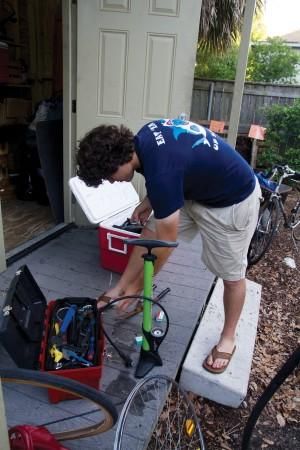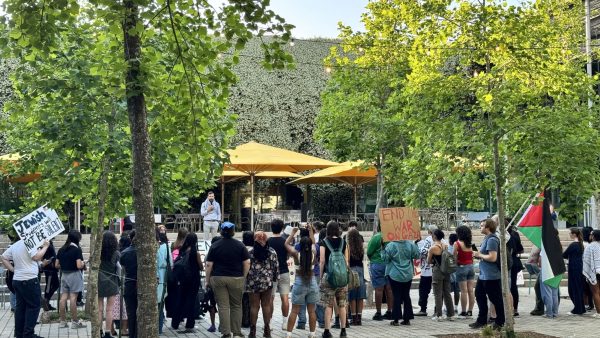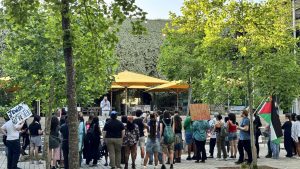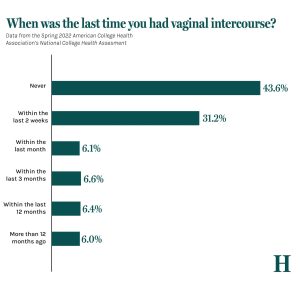No headline provided

April 20, 2012
The Benevolent Society for the Proposition of Assorted Tomfoolery and Other Sorts of Peculiar and Otherwise Absurd and Baffling Nonsense, also known as the Juggling Club, will partner with the Undergraduate Student Government to begin a campus-wide bike-sharing program next semester.
Juggling Club president Katie Field said the bike-sharing program emerges from the environmental focus of the organization.
“Part of the environmental emphasis was on trying to teach people about bicycle safety and how to explore the city without using a car,” Field said.
Before instituting the bike-sharing program, the Juggling Club fixed and informally rented out bikes.
“Once [the Juggling Club] started acquiring a couple of extra bikes from Tulane University Police Department, they rented them out pretty casually,” Field said.
When former USG President Evan Nicoll expressed interest in beginning a bike-sharing program, the Juggling Club reached out to him. Currently, USG has allocated $15,500 of its budget to the initiative.
To rent a bike, students have to go to the Student Organizations Center, register with their Splash Card.
“We’ll figure out how much it costs, but there will be a small fee involved,” USG president Michael Lewis said. “It’ll be maybe $5 for one day and $25 for a week.”
The Juggling Club will work on the bikes it already has until the program starts.
“We’re getting about 50 [bikes] and then when we see how the program works, we’re going to get more,” Juggling Club vice president Evan Reuter said.
Reuter believes that the initiative will prove popular among students.
“I think when we get more bikes and more advertising and a more formalized program, that we’ll definitely have much more students get involved,” Reuter said.
Lewis said that he hopes the program will be able to turn profit for USG in the future.
“We’re turning it into a bit of a USG investment as well, and we hope one day it will be something that can make a bit of profit so we can provide that money back to students,” Lewis said. “The bike sharing program probably won’t make a profit for about another decade, but it’s getting the ground work in place [for] the future.”
Reuter said the biggest benefit students will get from the program is a chance to get off campus without relying on motor transportation.
“It makes it so that you don’t feel trapped on campus,” Reuter said. “I can tell you that being part of a social sphere where pretty much everyone has a bike and every weekend we bike somewhere, I don’t feel trapped on campus at all, and I really love the city a lot.”























Leave a Comment